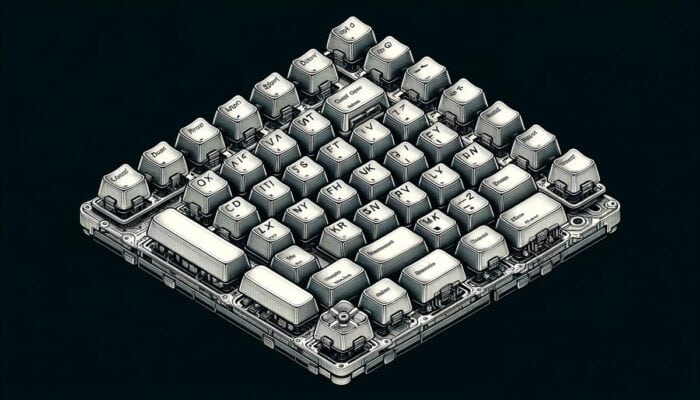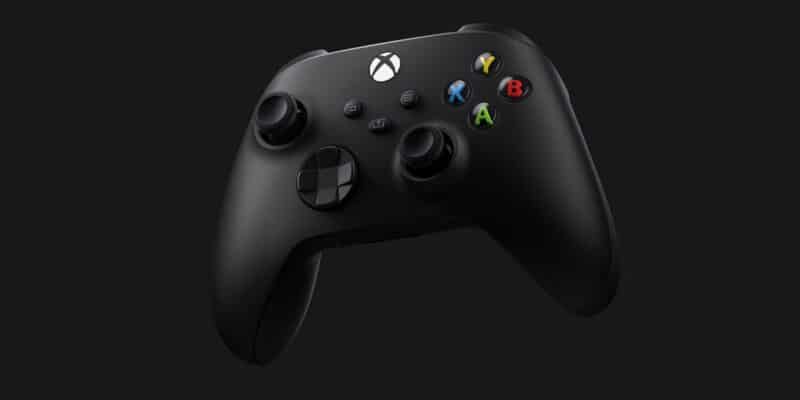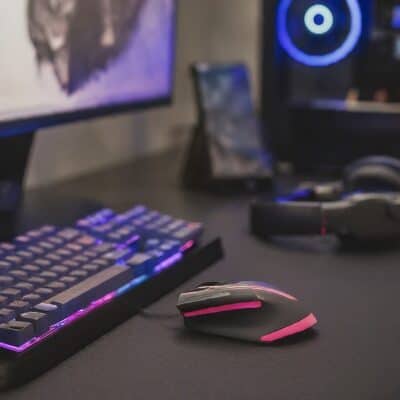Gaming Screen, Blog
Are Gaming Monitors Worth It
Are gaming monitors worth it? Many people say that gaming monitors are worth it, but is it really worth it to spend a lot of money on a monitor that you might only use for gaming? Some people say that gaming monitors are worth it because gaming monitors are known for their response time and high refresh rate. Find out more about it by reading this article until end. In this blog, we also have an article about gaming monitor vs regular monitor that you might want to read about it.
Are Gaming Monitors Worth It
Monitors designed for gaming are ‘faster.’
Thus, when we say ‘faster,’ we are referring to input lag and reaction times. Simply put, gaming displays are designed to be as responsive as possible, since the majority of users gravitate toward competitive play.
This also holds true for ‘faster’ or greater refresh rates. Even the greatest PS5 and Xbox Series X televisions have a maximum refresh rate of 120hz, while 360hz gaming monitors are readily available today.
Increased frame rates result in a considerably smoother gameplay experience, as well as the ability to more accurately judge on-screen movement. This is particularly useful in racing games and reflex-based shooters. In general, if you’re after speed, a gaming display is definitely worth the investment.
Dual-purpose gaming monitors
This may seem self-evident, but bear with us. As with gaming laptops, it’s often easy to forget that gaming monitors are, at their core, displays, which means they may be used for purposes other than gaming.
Similarly to how gaming laptops are engineered to endure the high demands of gaming, they are practically by default capable of doing very heavy lifting jobs in comparison to more typical laptops.
For video editors, gaming monitors are ideal for seeing information at a high frame rate. For designers, several of the higher-end monitors also provide amazingly broad color coverage and accuracy.
And, as someone who owns a gaming monitor with an IPS display, I can attest that blogging about gaming monitors on a gaming monitor with an IPS display is as amazing as it is meta.
Gaming monitors have distinctive designs.
Again, if we return to gaming laptops, there are similarities here in the manner that gaming monitors include a distinctively gamer-oriented design that you won’t see on a standard display or television.
We’re not simply talking about RGB, though it does have a lot of appeal for some. We’re talking futuristic, cyberpunk, and ultra-modern designs with serious impact.
These may transform your setup into something more similar to a combat station than a conventional desktop configuration.
Having said that, you may also go for a more subdued beast. BenQ, AOC, and LG all offer more conservative design choices that are as powerful.
For more gamer-oriented designs, check out Gigabyte, MSI, Asus, Acer, and even Samsung (with their Odyssey series), to mention a few.
Anti-reflective coatings are often used on gaming monitors.
An anti-reflective coating on the screen is something you’ll seldom see on televisions or some standard monitors. These coatings are ideal for competitive gamers, but they’re also really useful while working in a well-lit space.
The good news is that they are becoming more prevalent today, and as long as you know how to properly clean your monitor without harming it, you will notice a significant improvement in both gaming and regular use.
Consideration Before Choosing Gaming Monitor
When it comes to choosing a gaming monitor there are a lot of things to consider: size, resolution, refresh rate, price, performance and features, ergonomics, viewing angle, contrast ratio, response time, luminance, brightness, etc. The list goes on. It’s important to understand what these different aspects mean before you decide to purchase one. Below is our top 5 list of things to look out for when purchasing a new gaming monitor.
- Size – Screen Size – Smaller screens tend to be better for mobility, larger ones are better for immersion.
- Resolution – Higher resolutions give you more pixels to work with, meaning sharper images and increased detail. Lower resolutions make everything appear blurry and less crisp.
- Refresh Rate – High refresh rates are great because they allow for smoother motion and crisper visuals. Larger displays typically come with faster refresh rates. You needn’t pay much attention to this unless you plan to stream games, however.
- Performance – This refers to just how fast your computer can run games. Fast processors and graphics cards help too, of course.
- Features – Do you want dual, triple, or quad HDMI inputs? Are you interested in HDR functionality? Do you prefer adjustable stands to heighten your comfort level? These are all issues you need to think about before buying a gaming monitor.
- Ergonomic Design – Most people don’t like using desktops that force them to sit in awkward positions. While some gaming monitors have ergonomic adjustments built right into the stand, most do not.
Related Articles For You!
- You may like: Best Wired Gaming Keyboard And Mouse Set With LED Backlight Review- 3 Superb Facts!
- You may enjoy this article about: Best EKSA E1000 Gaming Headset Brand Review For A Better Gaming Experience!
Our Latest Posts:







